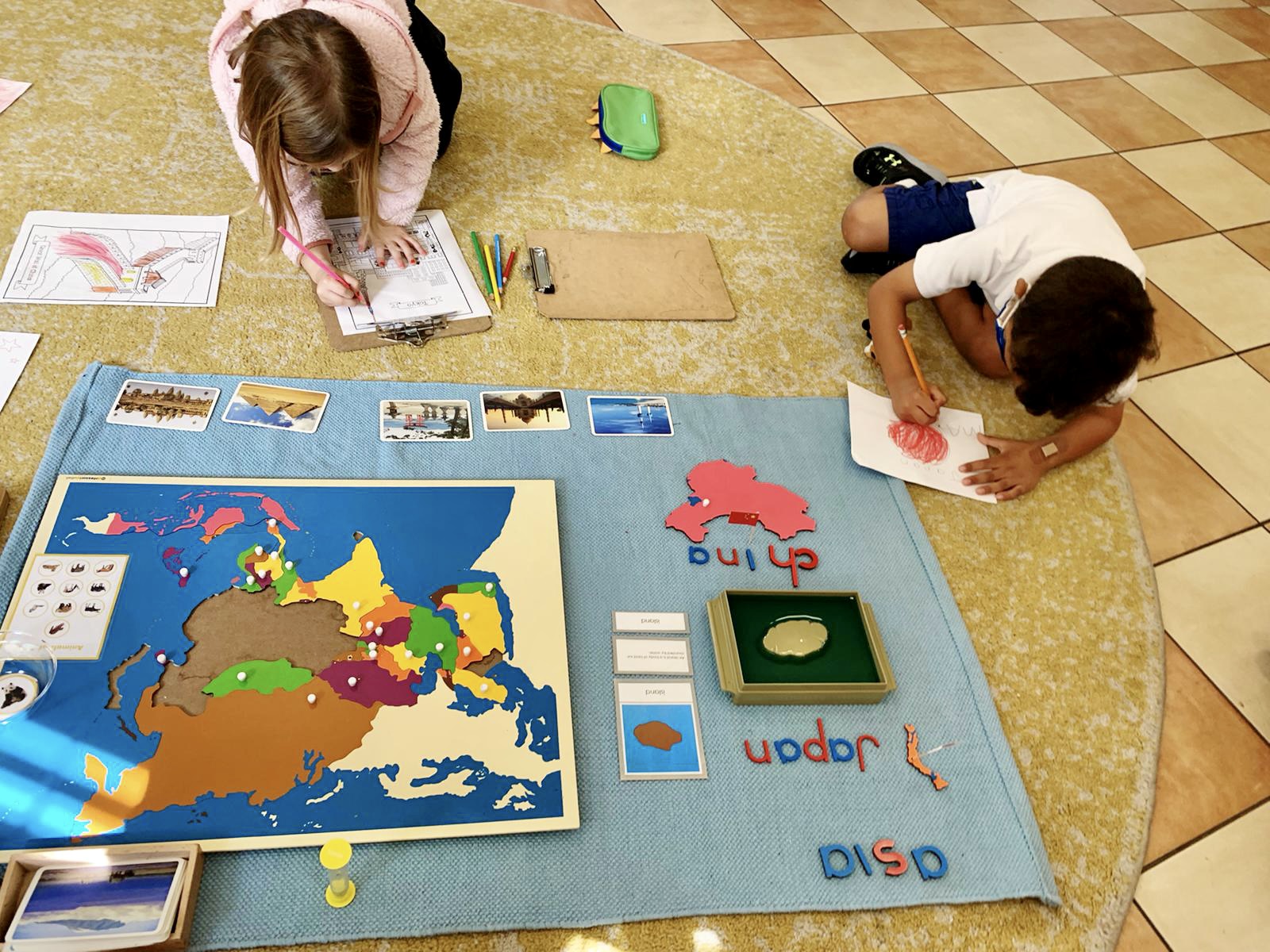Montessori Globally How Diverse The Montessori approach to education, founded by Dr. Maria Montessori in Italy, has not only stood the test of time but has transcended geographical and cultural boundaries. Today, Montessori schools can be found in virtually every corner of the globe, from urban centers in North America to rural villages in Africa. How have diverse cultures embraced and adapted this educational method to their unique contexts? Let’s explore.
Montessori’s Universal Appeal
- Child-Centric Approach: At its core, Montessori places the child’s innate curiosity and potential at the forefront. This universal respect for the child’s individuality resonates across cultures.
- Emphasis on Peace and Respect: Montessori’s focus on nurturing peace, understanding, and respect aligns with the core values of many societies.
- Hands-On Learning: The tactile, experiential nature of Montessori materials appeals to children everywhere, making learning tangible and relatable.
Cultural Adaptations and Integrations
While the foundational principles remain consistent, Montessori practices have been adapted in diverse ways:
- Local Materials: In some regions, traditional Montessori materials might be supplemented or replaced with locally sourced tools that resonate more with the children’s immediate environment.
- Incorporating Local Traditions: Montessori classrooms might integrate local songs, stories, and customs to make the learning experience culturally relevant.
- Language and Bilingualism: In multilingual countries, Montessori schools might adopt a bilingual or multilingual approach, fostering linguistic diversity.
Challenges and Triumphs in Different Regions
- Resource Constraints: In some parts of the world, limited resources mean that Montessori schools must get creative with their materials and environments, often leading to innovative solutions.
- Cultural Acceptance: While many embrace the Montessori method, in some regions, it might challenge traditional educational norms, necessitating community education and advocacy.
- Global Networks: Montessori schools worldwide often collaborate, sharing insights, challenges, and strategies, strengthening the global Montessori community.
Montessori Conferences: A Melting Pot of Cultures
Montessori conferences serve as a platform where educators from around the world converge, sharing their unique experiences and adaptations. The Children Change The World Montessori Conference in Canada is one such gathering that celebrates this global diversity. For a glimpse into the range of topics discussed, visit www.childrenchangetheworld.com/schedule.
Conclusion
The global adoption and adaptation of the Montessori method attest to its inherent flexibility and universal appeal. Regardless of cultural or geographical differences, the core Montessori belief in the potential of every child remains a unifying thread.
Montessori Globally How Diverse
Montessori Calgary 2024 Presenter Schedule
 Emprendedora en Calgary
Emprendedora en Calgary

